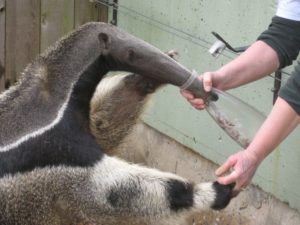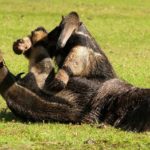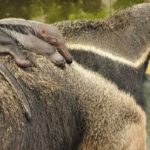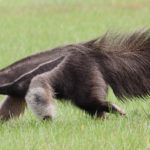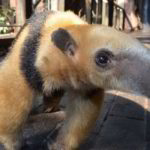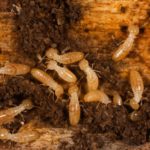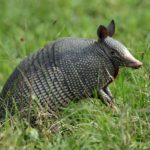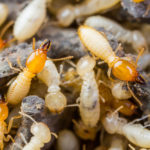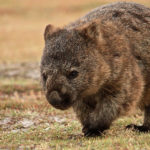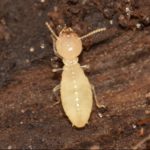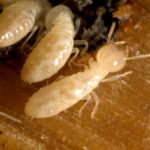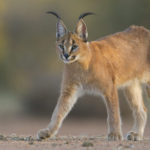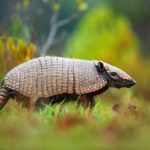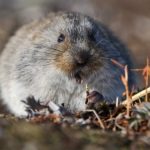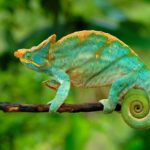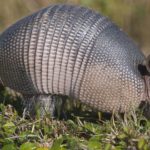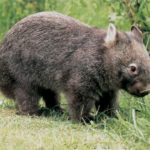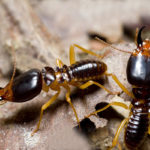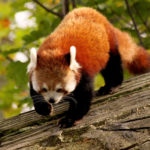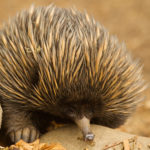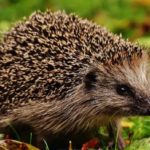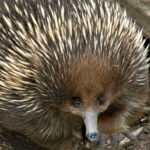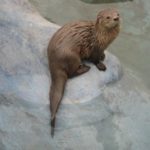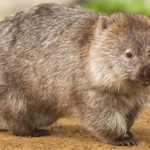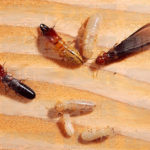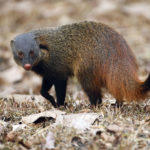Facts about anteaters
 Anteaters are very amazing and interesting animals. No less interesting question – how many teeth does an anteater have? The answer is that the anteater has no teeth. Having broken strong termite paws, they collect termites with a long, narrow and sticky tongue.
Anteaters are very amazing and interesting animals. No less interesting question – how many teeth does an anteater have? The answer is that the anteater has no teeth. Having broken strong termite paws, they collect termites with a long, narrow and sticky tongue.- Whatever damage their long, bent digging claws, the anteaters have to walk very gently, leaning on the knuckles of the toes of the forelegs.
- A giant anteater sleeps up to 15 hours a day, it has one of the lowest body temperature of mammals (+ 32.7˚C).
- Tamandua and Pygmy Pyrotechnists from South and Central America, using tenacious tails, climb trees searching for nests of termites and ants.
- The Australian Nambat is the only marsupial that feeds exclusively on ants and termites. He has a long, sticky tongue, but short, weak claws.
- Large anteaters, more than two meters in the din from the nose to the tail, hide their fluffy tails when they sleep.
- Anteater cubs travel by sitting on the mother’s back until they reach half of her height.
- Even the jaguars are afraid of the long sharp claws of a giant anteater, standing on its hind legs. This is really an interesting fact.
- The articulated soles of the feet of a 15-centimeter pygmy aardvark help him to climb the trees on which he lives.
- The mouth of the giant anteater is so narrow that you would not put a finger there.
- Fossil remains found in Germany show that the anteaters lived there more than 50 million years ago.
- The tamandua has one thing that a large anteater does not have – a tail tailored for grasping. Sometimes they use it as a third leg. He stands on his hind legs, pulls up his front paws, which he uses as hands and then leans on his tail in much the same way as a kangaroo does. So they become much more stable and in this position can, as it were, box the front paws on which they have claws. This is a fairly effective method of protection.
- Tamandua is very unpredictable and interesting animals. If they want to sleep in the afternoon – they sleep, if they want to hunt at night – they hunt. If they want to remain invisible, you will never see them, it’s a fact.
